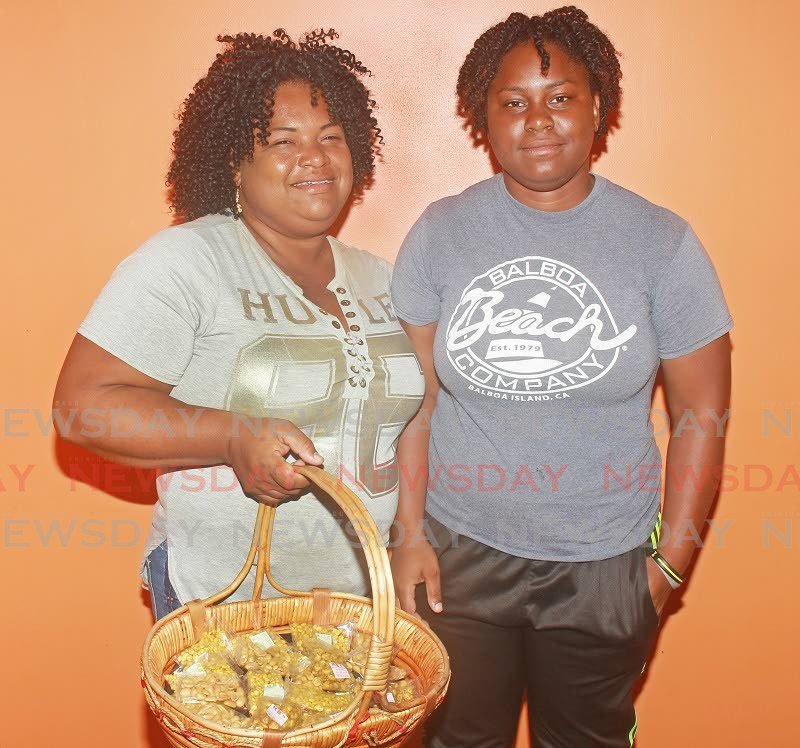How confidence wins elections, boosts growth

kmmpub@gmail.com
Our political leaders can win elections and accelerate rapid growth, but only if they inspire self-confidence in those they seek to govern.
I’ve written more than 100 articles and accumulated hundreds more technical research papers in an attempt at solving the elusive mystery of development.
Over the course of dozens of interviews and hundreds of conversations with business, government and academic leaders, one thing has become clear: very few people have confidence or hope that they can make tomorrow better than today.
The odd thing is that even the powerful feel helpless and disenfranchised. Unions think big business has the power. The businesspeople think the politicians have the power. The politicians think the unions have the power. It is bizarre.
Almost nobody feels they can make a difference: even to improve their own lot. This limits investment, consumption, innovation and growth across society.
Confidence is directly correlated with personal and economic growth. It is an absolute precondition to opening your door and walking down the street, much less starting a new training course or mortgaging your house to start a business.
The countries that have achieved the highest rates of economic growth all report strong rates of confidence and a bias towards action.
I’m not suggesting structural problems don’t matter – you know the familiar litany, from crime to red tape. But consider this: smarter people than myself have known the solutions to these for years.
In my recent stint on a drafting sub-committee for the government’s roadmap to recovery, I can’t count the number of times that people said: “It is not the solutions but action and execution that matters.” And on its most fundamental level, any action requires confidence.
The most vulnerable may have an excuse but what about the great majority of people who have some opportunity – however small? Why have we so struggled to improve our lives when the internet offers us the entire knowledge of mankind at our fingertips? The humblest clerk today is more privileged than a king not a century ago.
Yet pessimism is not so entrenched that it cannot be unseated. Would the story of medical student Makeisha Simon selling nuts roadside to fund her degree have touched such a chord if there wasn’t more appetite for hope?
Small jolts of relentless optimism spark innovation. I spoke with web designer Agyei Archer. Agyei founded his company Unqueue after being inundated with more than a dozen requests for websites during the pandemic. He decided to solve the problem at its source and create a simple platform that brick-and-mortar businesses can plug into to tap demand for curbside-pickup and delivery solutions.
Would anyone with entrenched pessimism have taken this risk?
Just as it is in our own self-interest to rewire our psyches with self-confidence, it is in the self-interest of the country and its leaders to restore national confidence in our ability to grow and develop rapidly. Not in five years but immediately.
One of the chief reasons that leaders like Mia Mottley and Jacinta Ardern command the followings they do is that voters yearn for confidence and the validation that nurtures it. It is in our politicians' and leaders' own self-interest to use the opportunity of a national election (amid a pandemic and economic meltdown, no less) to offer that validation and unconditional positive regard through consistent and unwavering messages of hope and optimism.
If our leaders don’t provide that validation, others will.
It is not money alone that entices teenagers to join criminal gangs. Fifteen years ago, economists Steven Levitt and Stephen Dubner wrote that the average gang foot soldier earns less than TT$3,800 a month – less than KFC pays. These kids are being offered hope and the promise that they too will become successful and important. If our politicians and leaders don’t tap those same emotions to inspire people to make small concrete steps to improve their lives, we risk losing another generation to crime and inertia.
Our leaders must step in and offer hope. Not just to gang members but to the tired civil servants stamping the same documents day after day. To the disillusioned businessmen who retreat to their beach houses with factory plans shelved along with their ambition. Of course, after years of broken promises, few trust talk alone, and who would blame them? Any politician attempting this strategy must set forward concrete examples to build trust. The marginal constituencies are crying out for this and will reward them at the polls.
Kiran Mathur Mohammed is a social entrepreneur, economist and businessman. He is a former banker and a graduate of the University of Edinburgh.


Comments
"How confidence wins elections, boosts growth"